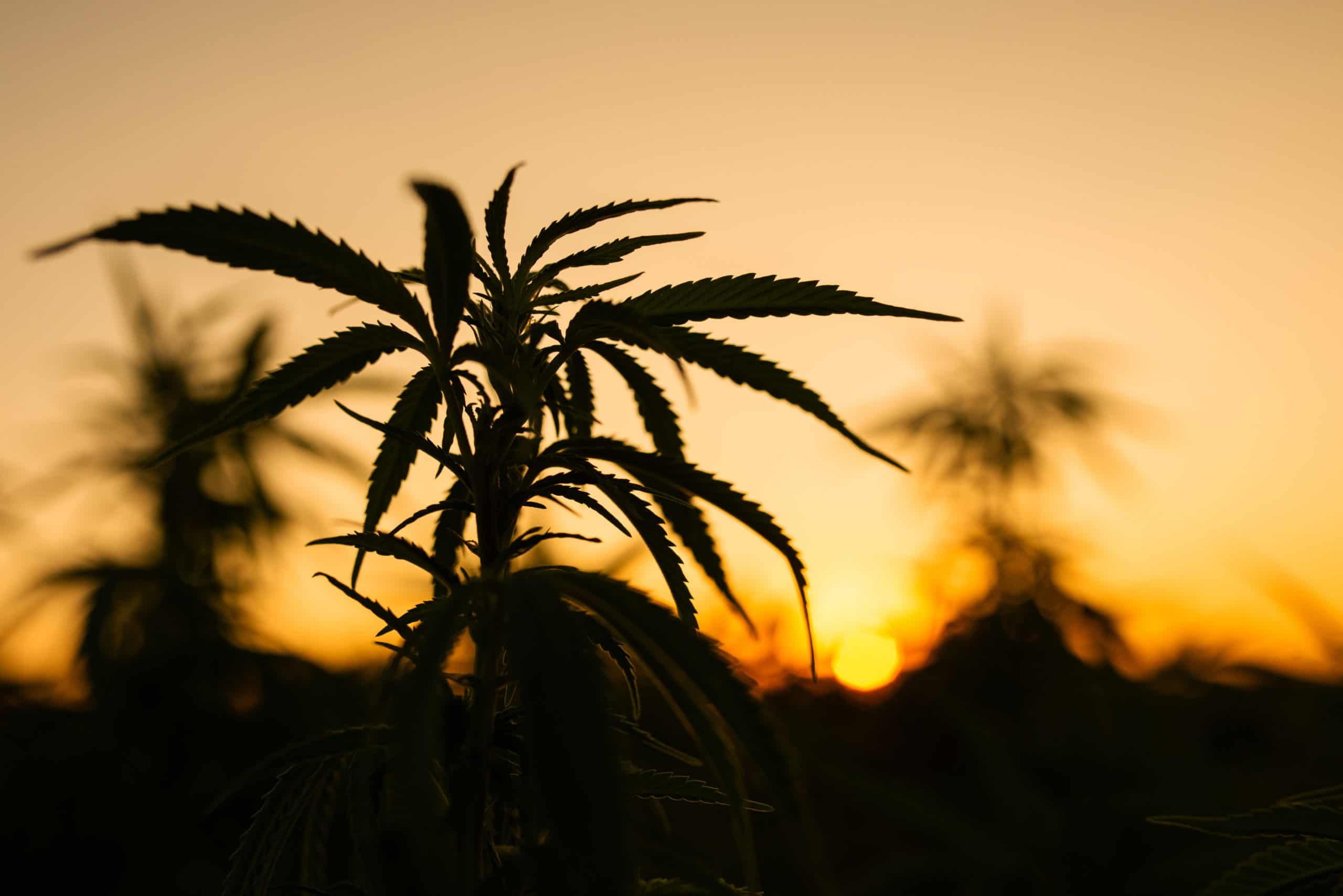The S&P/TSX Capped Health Care Index has been weighed down by the struggling cannabis sector in 2022. Indeed, these equities have failed to generate any significant momentum since recreational legalization became a reality in October 2018. Marijuana Life Sciences ETF (TSX:HMMJ) is an exchange-traded fund that offers broad exposure to the cannabis space. Shares of this exchange-traded fund have plunged 46% in 2022 as of close on December 8.
The United States is inching closer to federal cannabis legalization
There have been hopes for federal cannabis legalization in the United States since Canada reached its big milestone. Washington State was the first state to legalize recreational cannabis in December 2012. In November 2012, Colorado legalized cannabis use for adults over the age of 21. Despite these big moves by U.S. states, movement on federal legalization has been slow.
Cannabis is now legal in 21 states as of December 2022. Senator John Hickenlooper recently introduced legislation that aims to prepare the U.S. for the end of cannabis prohibition. The Preparing Regulators Effectively for a Post-Prohibition Adult Use Regulated Environment (PREPARE) Act would direct the U.S. attorney general to develop a framework for federal regulation of the cannabis industry.
Cannabis stocks were throttled in 2022
Canadian cannabis stocks were a drag on the TSX Health Care Index in 2022. Canopy Growth (TSX:WEED), the top cannabis producer in Canada, has seen its stock plunge 63% in 2022 as of late-morning trading on December 9. The stock is down 68% in the year-over-year period.
Aurora Cannabis (TSX:ACB), another top Canadian producer, has plummeted 79% year to date. Its shares have dropped 80% compared to the same time in 2021. Tilray (TSX:TLRY), which absorbed Aphria several years ago, has been the best performer — only dropping 45% so far in 2022.
Canopy and Aurora have battled to achieve profitability in a very challenging climate for the cannabis space. A slow start to recreational legalization saw the black market establish a foothold that the legal market has had some difficulty edging out.
Controversy has erupted over cannabis retail in Ontario
The state of cannabis retail has been a controversial topic in Ontario, Canada’s most populous province, since recreational cannabis kicked off in October 2018. Ontario opted for a lottery system that has been met with frustration and skepticism from prospective retailers. The disappointing growth seen in the industry since then has made matters worse.
Cannabis industry executives have complained of a pay-to-play retail scheme in Ontario. These are just allegations so far, but it illustrates a general dissatisfaction among producers in this space.
Canada’s cannabis industry is facing a financial crisis
The Cannabis Council of Canada (C3) has called for “immediate financial relief” from the Canadian government for the legal cannabis industry. It claims that the “stigmatization” of legal cannabis has limited growth prospects in this sector. Moreover, excise tax, regulatory fees, and provincial distributor mark-ups have allegedly put additional pressure on business owners.
Is an alcohol and cannabis rivalry brewing?
Alcohol and cannabis sales moved up together during the COVID-19 pandemic. However, recent data has shown that cannabis sales may have a negative impact on alcohol sales. Cowen analysts recently reported that alcohol sales growth was underperforming cannabis by 0.6% to 1.1% in legal cannabis U.S. states. This is a trend worth monitoring going forward.





